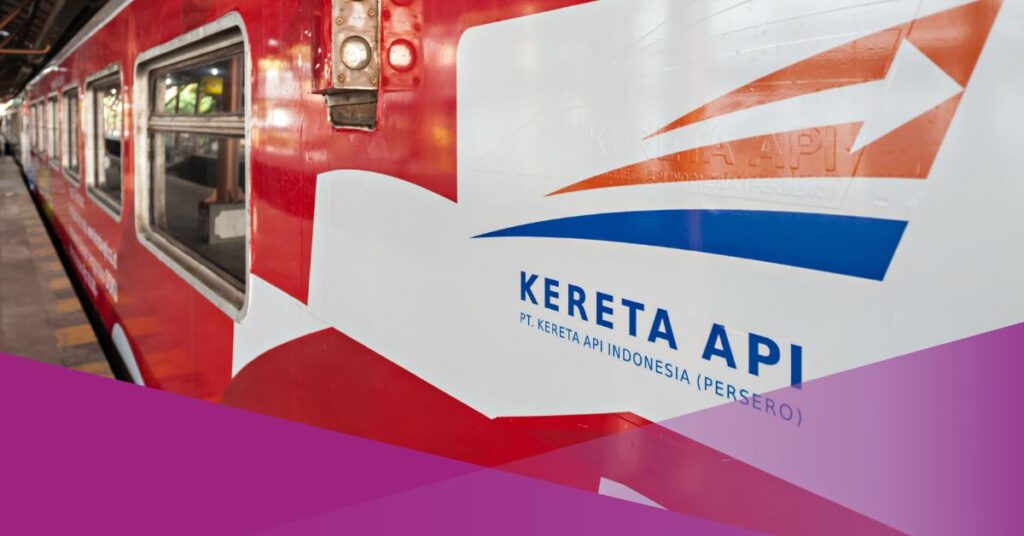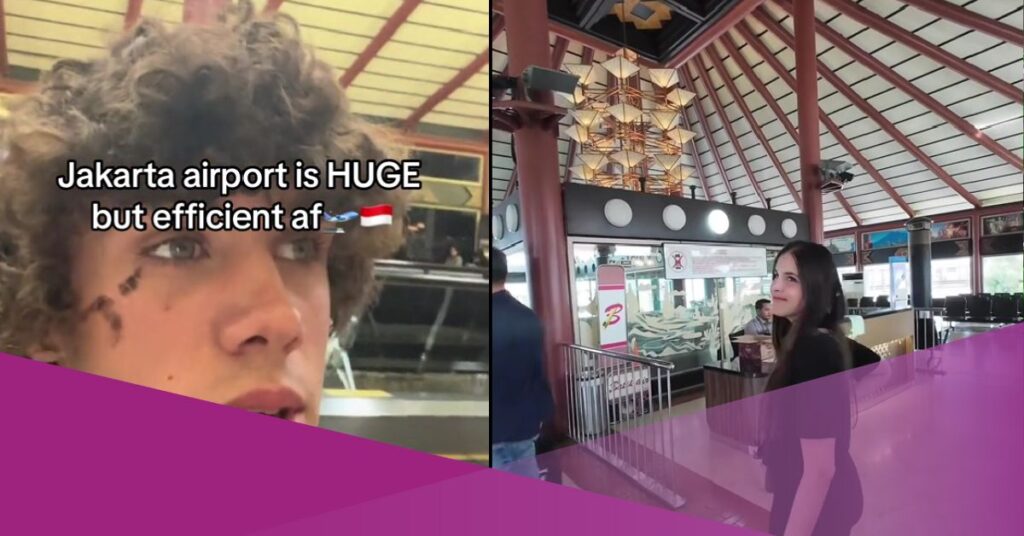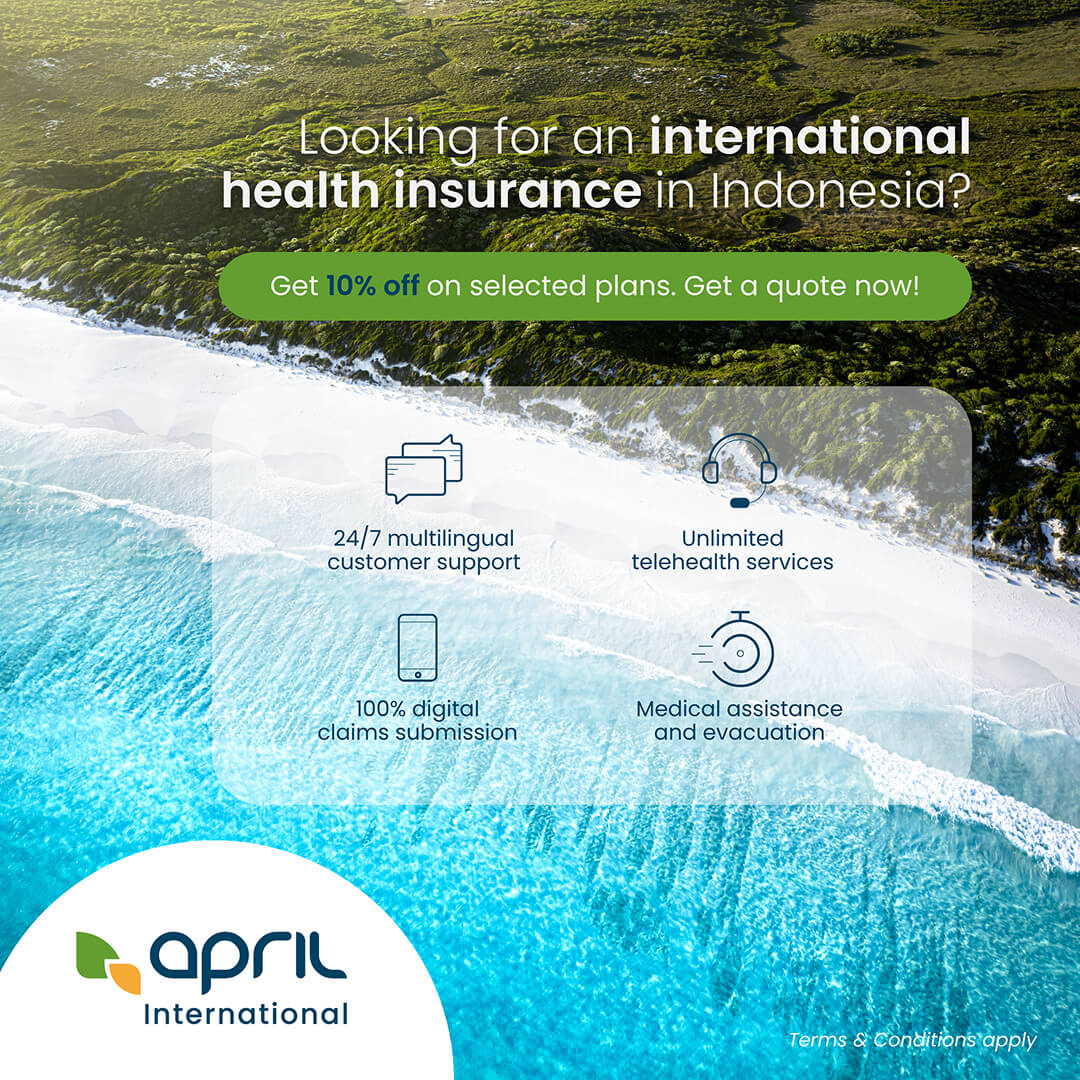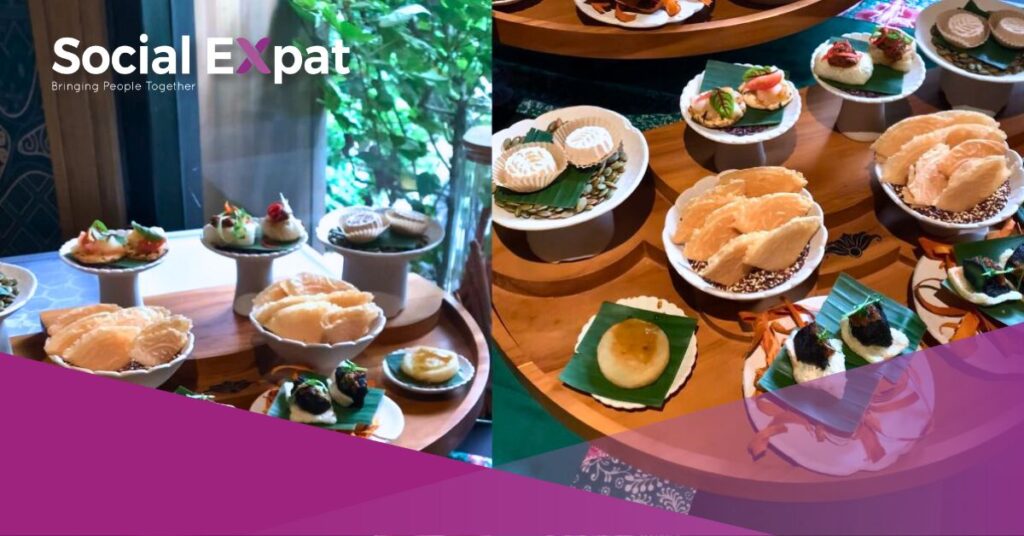Indonesia, with its stunning beaches, rich of culture, and growing economy, is a magnet for foreign workers seeking a rewarding professional experience. If you’re one such individual considering a long-term stay in Indonesia, the Work KITAP (Kartu Izin Tinggal Tetap) might be the key. This permanent stay permit streamlines your life significantly compared to a temporary visa.
Get To Know Stay Permit In Indonesia
KITAP stands for “Kartu Izin Tinggal Tetap,” translating to “Permanent Stay Permit Card” in English. Unlike the temporary KITAS (Kartu Izin Tinggal Terbatas) visa, a Work KITAP grants you a five-year residency with the possibility of automatic renewals. This eliminates the hassle of annual extensions and provides much-needed stability for long-term plans.
Are You Qualified for a Work KITAP?
Obtaining a Work KITAP isn’t straightforward. It’s primarily for foreign professionals with a proven track record of working in Indonesia. Here are the general eligibility requirements:
Held a KITAS for a Specific Period: You’ll typically need to have held a KITAS for at least four consecutive years with the same sponsor company. This demonstrates commitment to both your employer and Indonesian regulations.
Maintained a Clean Record: A criminal-free history and adherence to immigration rules are essential.
Financial Stability: You may need to show proof of sufficient financial resources to support yourself in Indonesia.
The Benefits of Having a Work KITAP
The advantages of securing a Work KITAP are numerous:
- Long-Term Stability: Enjoy five years of residency without renewal worries, allowing you to focus on your career and personal life.
- Work Flexibility: Unlike KITAS, a Work KITAP grants you the freedom to change employers within Indonesia without visa restrictions.
- Business Ownership: You can establish or invest in a limited liability company (PT) in Indonesia, opening doors to entrepreneurial ventures.
- Family Sponsorship: Sponsor KITAS applications for your spouse and children, enabling them to reside with you in Indonesia.
- Financial Advantages: KITAP holders often find it easier to open bank accounts, apply for credit cards, and secure loans.
- Travel Freedom: A Work KITAP usually comes with a Multiple Exit Re-entry Permit (MERP), allowing for hassle-free travel in and out of Indonesia.
The Process of Obtaining a Work KITAP
The application process for a Work KITAP can be complex, so seeking guidance from an immigration professional is highly recommended. Here’s a general outline:
- Find a Sponsor: Your employer will act as your sponsor and handle much of the paperwork. Ensure they’re familiar with the KITAP application process.
- Gather Required Documents: This includes your passport, KITAS, proof of employment, medical certificate, and various sponsor documents.
- Submit Application: The application is filed with the Indonesian Immigration Office. Fees and processing times can vary.
- Interview: Be prepared to answer questions about your employment, finances, and future plans in Indonesia.
- Decision and Collection: After processing, you’ll be notified of the decision. Upon approval, collect your Work KITAP card.
Costs Associated with a Work KITAP
The total cost of obtaining a Work KITAP can vary depending on individual circumstances and agent fees. Here’s a breakdown of some potential expenses:
- Government Fees: Application fees, Telex fees, and residence permit fees contribute to the overall cost.
- Medical Examination: Budget for a mandatory medical checkup.
- Agent Fees: Immigration consultants can streamline the process but charge additional fees.
Maintaining Your Work KITAP Indonesia
Once you have your Work KITAP, remember these key points:
- Reporting Requirements: You may be required to report to immigration periodically.
- Travel Considerations: While MERP allows travel freedom, extended absences from Indonesia can impact your KITAP validity.
- Renewal: After five years, your KITAP is typically renewed automatically, but staying updated on regulations is crucial.
Work KITAP vs. Work Visa
In Indonesia, working legally for foreigners involves two main options: a Work Visa (known as KITAS) and a Work Permit (KITAP). While both allow you to live and work in the country, there are some key differences to consider.
Work KITAP (Permanent Stay Permit): This offers a much longer stay permit, typically lasting for five years. Renewals are not required as frequently as with a KITAS.
Work KITAS (Temporary Stay Permit): This is valid for only one year. You’ll need to renew it annually to keep working and residing in Indonesia.
If you are still confused about how to apply for a Work Kitap, or any other type of visa to enter Indonesia, then contact the most trusted agency in the country – Lets Move Indonesia.
Lets Move Indonesia is the premier agency in Indonesia, famed for being the first in the country to transparently advertise their prices. They have won numerous awards for their market-leading approach, so if you do need to work with an agency, make sure you work with the most trustworthy.
Please note: Using a visa agent costs more, but it does significantly reduce your time and energy.
Frequently Asked Questions about Work KITAP
Obtaining a Work KITAP in Indonesia is a desirable goal for many foreign professionals, offering long-term stability and freedom. However, navigating the application process can be confusing, and several misconceptions can cloud your understanding. Let’s shed light on some of the most common myths surrounding Work KITAP:
Can You Apply Directly for a Work KITAP?
Patience is key. A Work KITAP isn’t an immediate option. You typically need to hold a KITAS (Kartu Izin Tinggal Terbatas) visa for a minimum period, usually four consecutive years, with the same sponsoring company. This demonstrates commitment and adherence to Indonesian regulations before applying for the permanent residency permit.
Is a Work KITAP Guarantees Permanent Citizenship?
While a Work KITAP provides long-term residency, it doesn’t automatically grant Indonesian citizenship. There’s a separate process for naturalization, with stricter requirements like language proficiency and a longer residency period.
Can’t You Change Employers with a Work KITAP?
Unlike KITAS, a Work KITAP offers significant flexibility. Once you have the permit, you’re free to change employers within Indonesia. However, informing immigration authorities about the change is crucial to maintain your KITAP validity.
Does a Work KITAP Allows Unlimited Travel Outside Indonesia?
While a Work KITAP often comes with a Multiple Exit Re-entry Permit (MERP), it doesn’t mean you can be out of the country indefinitely. Extended absences, particularly without proper notification to immigration, can raise concerns and potentially jeopardize your KITAP status.
Is it true that Obtaining a Work KITAP is Quick and Easy?
The application process for a Work KITAP can be complex and time-consuming. While the exact timeline can vary, it typically involves months of document gathering, processing, and potential interviews. Seeking assistance from a reputable immigration professional can streamline the process.
Is A Work KITAP Requires Frequent Renewals?
One of the significant benefits of a Work KITAP is its long-term validity. The permit itself is typically issued for five years and usually renewed automatically upon application. However, staying updated on any regulation changes related to renewals is advisable.
Is A Work KITAP Requires High Minimum Income?
There’s no officially stated minimum income requirement for a Work KITAP. However, during the application process, you may be required to demonstrate financial stability sufficient to support yourself in Indonesia. This can be through proof of employment income, savings, or other assets.










































